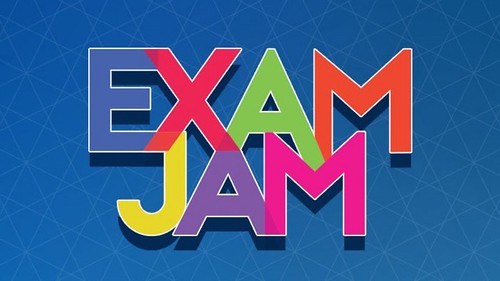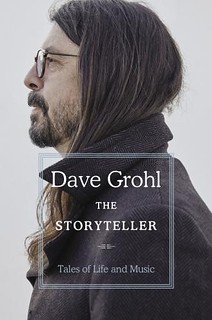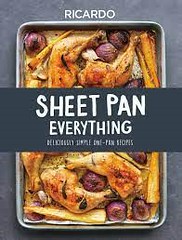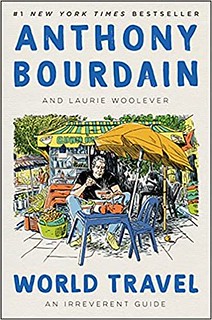by Glenice Lilje
Ownership
Have you ever heard, “What’s mine is yours and yours is mine,” or “What’s mine is yours and mine is mine”? The latter may be more familiar to those with siblings as the Younger Sibling Tax: a form of payment given to the older sibling in exchange for an alternate option to physical harm, or for their secrecy (careful with this one, as it may be used against you in the future), or simply just for existing. No matter how hard you try, nothing is truly yours when you have a sibling.
But has claiming ownership gone a little far? One of the early words that babies learn is, “mine”. We used to label all of our school supplies, right down to each and every pencil crayon. Patents, copyrights, leases are filed to protect both physical and intellectual properties. Throughout history, people are constantly fighting for their rights to have full and complete self-ownership. Today, we are learning of a new type of ownership called NFTs, or non-fungible tokens.
Who owns what is more complicated than we think and never straightforward. Here are a few titles in our collection that may challenge your thoughts on ownership or invite you to explore it from various angles.
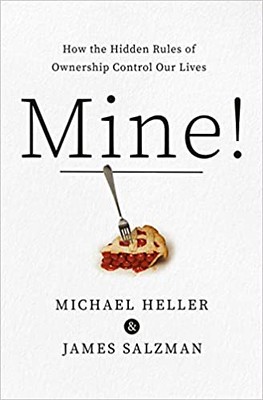 Mine! How the Hidden Rules of Ownership Controls Our Lives by Michael Heller and James Salzman
Mine! How the Hidden Rules of Ownership Controls Our Lives by Michael Heller and James Salzman
Ownership is about who gets what and why. The rules are omnipresent and invisible and throughout history, a lot of people have fought to the death to preserve ownership. Law professors Heller and Salzman illustrate the six pathways to claiming ownership: possession, attachment, first-in-time, labour, self-ownership and family. But where do personal boundaries end and societal etiquette start? Who claims the space between our knees and the reclining chair in front of us on airplanes? Can my neighbours ask me to chop the tops of my trees off so they can install solar panels on their property? Why do I lose my Audible purchases when I cancel my subscription? Mine! Is full of eye-opening, and sometimes infuriating, stories that answers these questions and explore the secret rules that govern our lives.
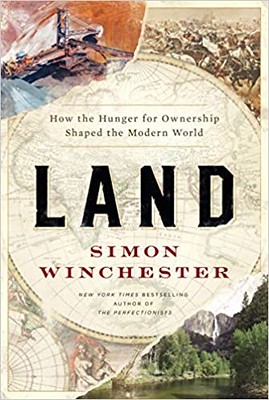
Land: How the Hunger for Ownership Shaped the Modern World by Simon Winchester
Most aboriginal people believed that land was communal property and that no one person owns the land. In Land: How the Hunger for Ownership Shaped the Modern World, readers will explore the geological history of the planet and the legal, cultural and social issues related to land use and ownership. Winchester provides a wide and bird’s eye view into the ways humans have claimed possession of land throughout history. From surveying and mapping to acquiring and stewarding as well as a look into why humans fight over it and how, in some instances, come to share it.



